May 30, 2025 | 05:27 GMT +7
May 30, 2025 | 05:27 GMT +7
Hotline: 0913.378.918
May 30, 2025 | 05:27 GMT +7
Hotline: 0913.378.918
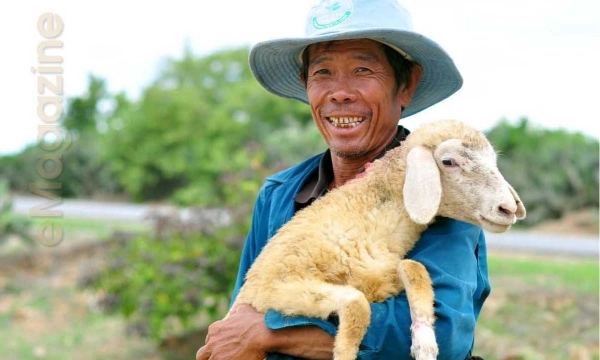
Ninh Thuan sheep breed provides quite a good meat quality while has a strong resistance to diseases. Photo: Trong Chinh - Minh Hau.
The province is domestically called “chảo lửa” (fire pan) due to its long-lasting droughts and fierce heat weather.
However, it has favorable conditions for developing the breeding of horny cattle such as goats, cows, and sheep among which, sheep raising and processing have become a strength of the provincial economy.
Ninh Thuan sheep breeds provide quite a good meat quality while have a strong resistance to diseases, according to scientific researches basing on practical proof of the Ninh Thuan Department for Science and Technology.
The research conducted for the registration of geographical indications of sheep products in the province has shown that Ninh Thuan sheep is a gentle animal and can suffer from hard-living conditions, thus it is very easy for growing.
Ninh Thuan sheep can live well on arid fields with poor food.
Although sheep are being raised in many localities in the country, those in Ninh Thuan are regarded as the only typical commercial sheep breeds in Vietnam today due to its biological climate adaption features in addition to its meat products quality rated at a high level.
The meat is delicious and clean meeting all market inquiries of nutrition and food safety.

Sheep raising in Ninh Thuan now mainly follows the natural grazing model. Photo: Trong Chinh - Minh Hau.
Natural conditions in Ninh Thuan along with biological characters and local farming tradition have made up the reputation for Ninh Thuan sheep products.
Sheep raising in Ninh Thuan now mainly follows the model of natural grazing. Sheep are grazed on mountain slopes, barren hills, grazing grounds, and after-harvest rice fields.
The sheep can eat a wide variety of food, but mainly species of grass and plants including leaf stalks, seeds of leguminous plants such as apricot blossom, elephant grass, stylo grass, and hedgehog, jackfruit leaves, amniotic leaves, and acacia beans.
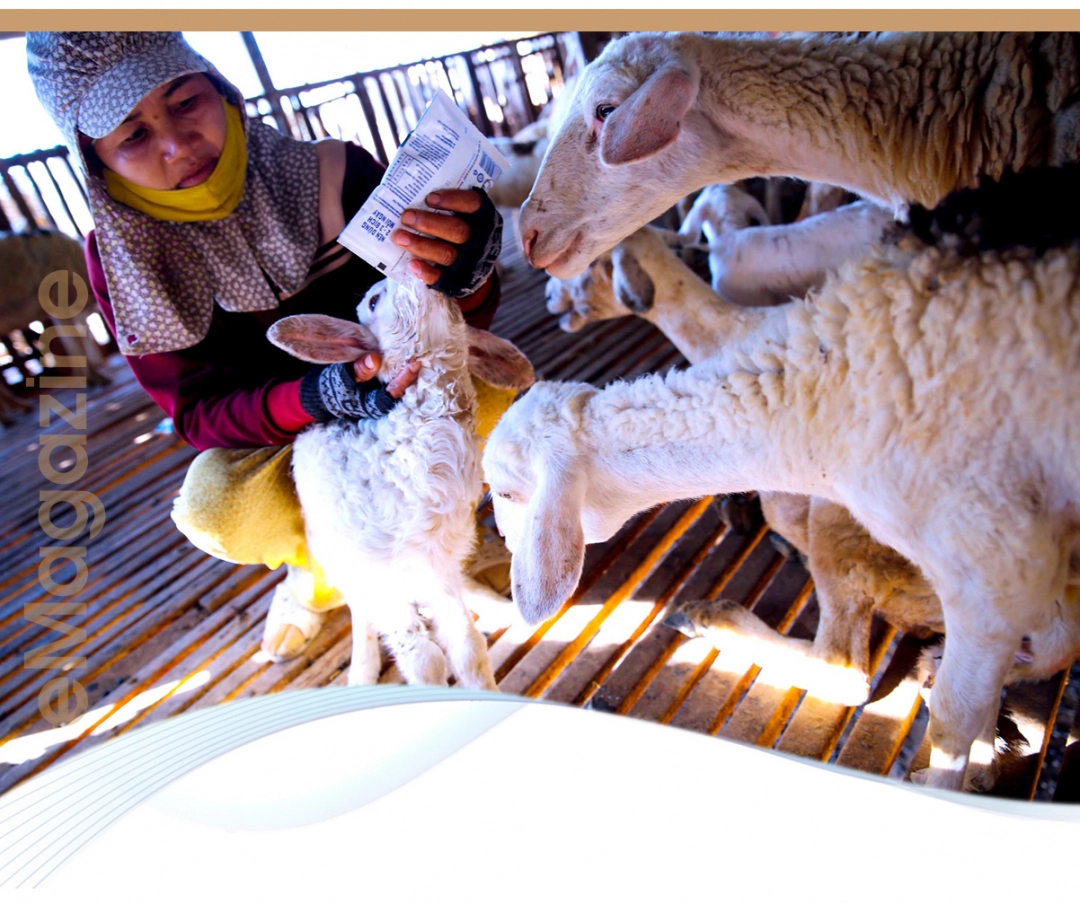
Ninh Thuan sheep can eat many kinds of food. Photo: Trong Chinh - Minh Hau.
They can also have agricultural by-products such as soybean carcasses and peels of jackfruit, banana, papaya, pumpkin, turnip, and dragon fruit.
Time for sheep to be naturally grazed is about 8-10 hours per day (8:00 am-5:00 pm). Each day, the sheep can eat a food amount of 12-15% according to its weight, equivalent to 5-6kg of grass. In addition, they also need a quantity of refined food of 0.2-0.3 kg per head per day.
After a grazing session, the breeders often add some agricultural and industrial by-products, or more forage such as grasses of many kinds, to feed the sheep in the evening.
As the sheep prefer to live in high, well-lit places, the barn must meet the requirements of being dry, airy, easy to drain, and convenient for breeders to move and take care of them.
It is usually advised to take advantage of the available local materials to build the barn.
In 2004, Ninh Thuan Agricultural Promotion Center imported 2 sheep breeds especially for meat production including 15 Dorper and 15 White Suffolk sheep originated from Australia.
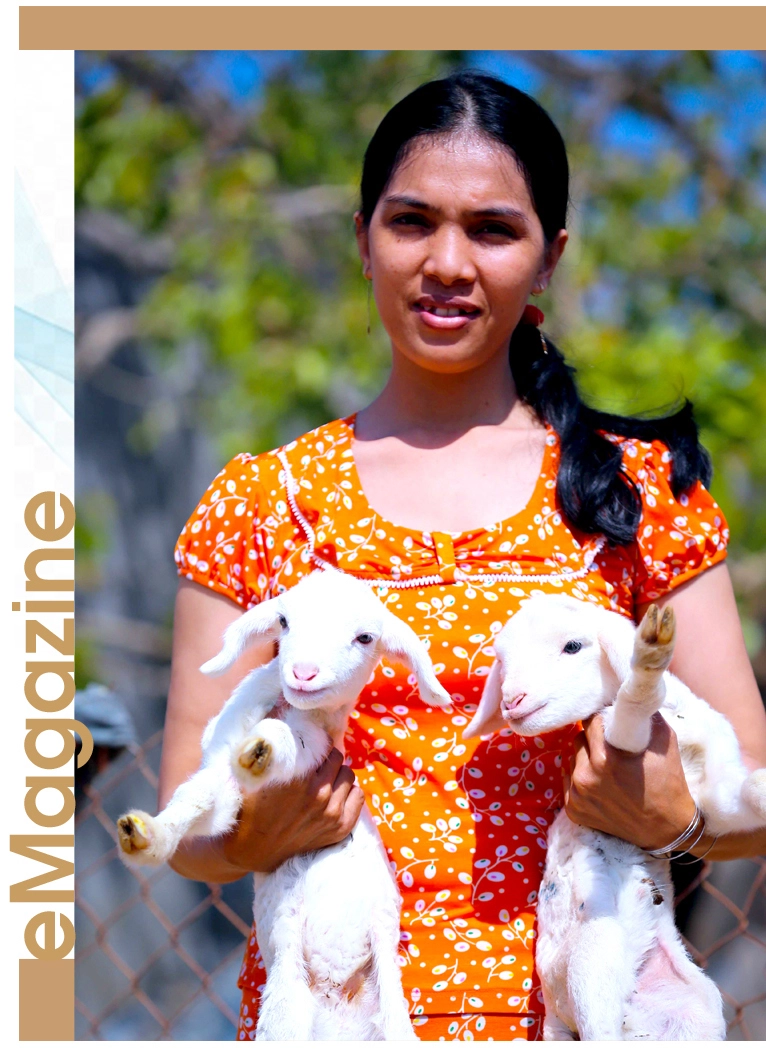
Ninh Thuan sheep can live well on arid fields with poor food. Photo: Trong Chinh - Minh Hau.
After a period of experimental raising, the results showed their adaptability to climatic conditions in Ninh Thuan thus the crossbred sheeps had a growth level of over 10-15% compared to the native Ninh Thuan breed.
With good results in growth ability, weight, meat quality, and disease resistance, the current hybrid sheep between Ninh Thuan indigenous and Australian sheep make up 85-90% of the total herd today.
Ninh Thuan now has a total of 4 breeds of sheep being raised there including the province’s indigenous, the hybrid sheep between Ninh Thuan indigenous and Australian sheep, the Dorper (Australia), and the White Suffolk (Australia).
Author: Huynh Kim So. Translated by Phuong Linh. Edited by Duc Huy.
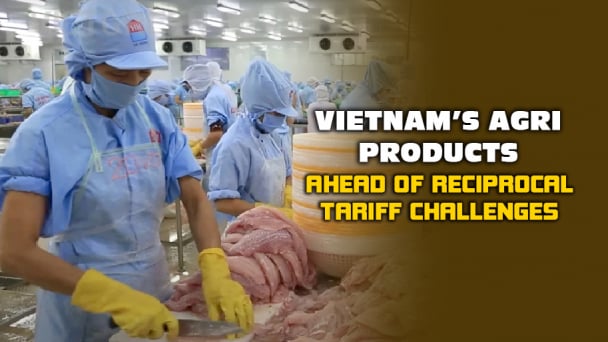
(VAN) Reciprocal tariffs are exerting pressure on U.S. exports, prompting Vietnamese firms to shift their focus to Muslim markets, Thailand, and Brazil.
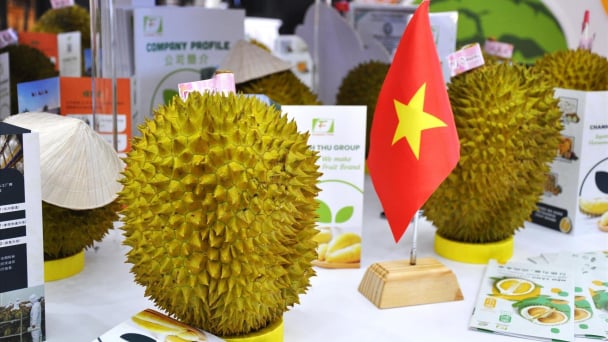
(VAN) A free booth for two years at Xinfadi, Beijing's largest wholesale market, will be allocated to Vietnam's agricultural products.
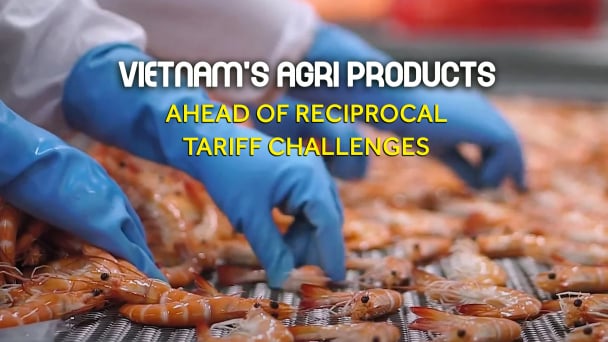
(VAN) Vietnamese shrimp exporters are actively looking for alternative markets and accelerating shipments to the United States in response to the pressure of impending reciprocal tariffs. This is occurring during a temporary tariff suspension.

(VAN) The import-export turnover between Vietnam and Singapore rose amid a trade rebound, with machinery, electrical equipment, and fuels making up the majority of the transaction value.

(VAN) Director General of the General Administration of Customs of China, Ms. Sun Mai Jun, has pledged to implement measures that will ease the import process for Vietnamese agricultural products.

(VAN) Although Vietnam is still increasing its coffee exports, the industry is currently in the process of determining market strategies in response to the U.S. imposition of reciprocal tariffs.

(VAN) With rising demand in Muslim-majority countries, Halal certification is becoming a critical passport for Vietnamese agricultural products seeking sustainable market access and consumer trust in the Middle East and Africa.